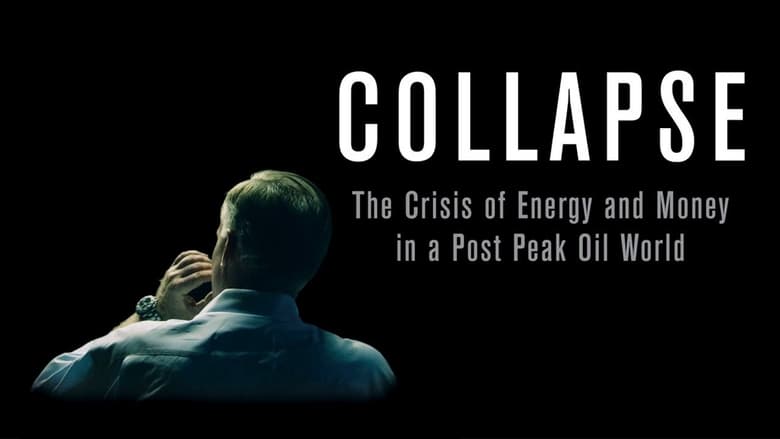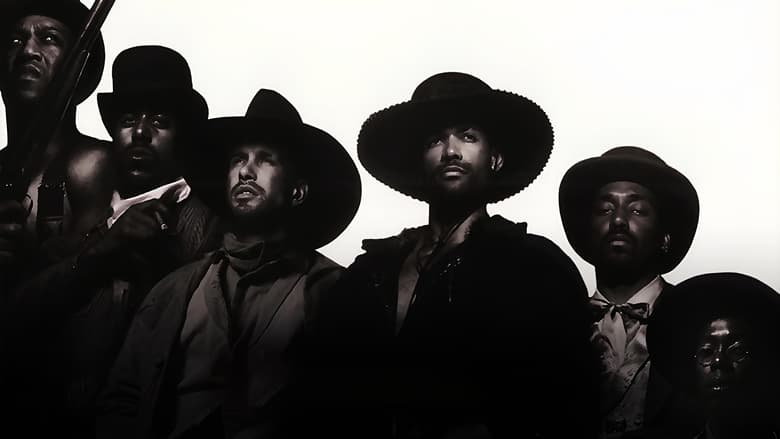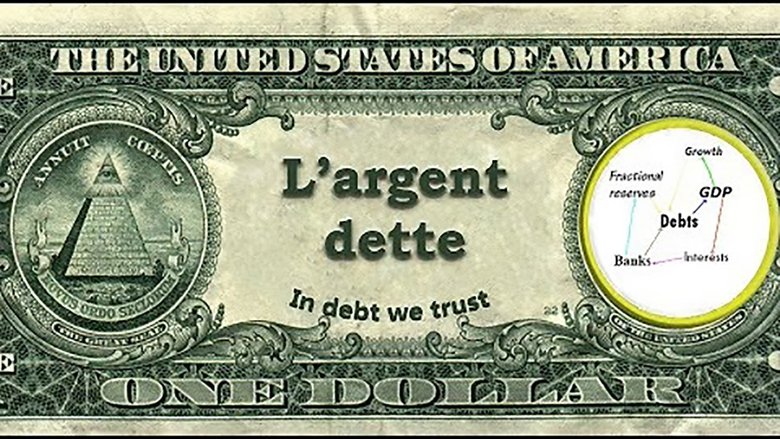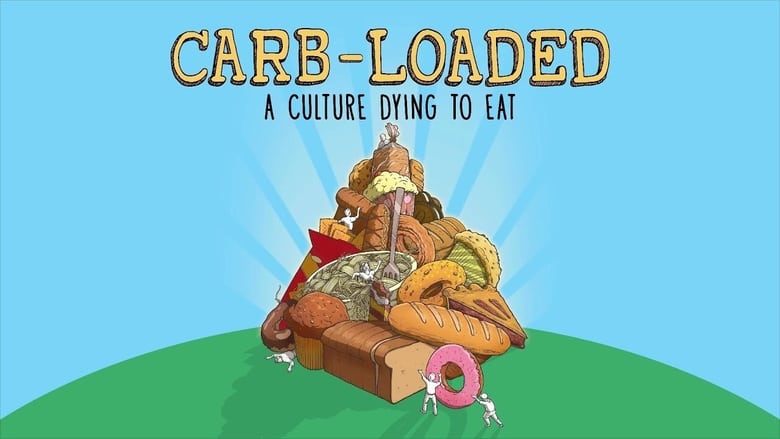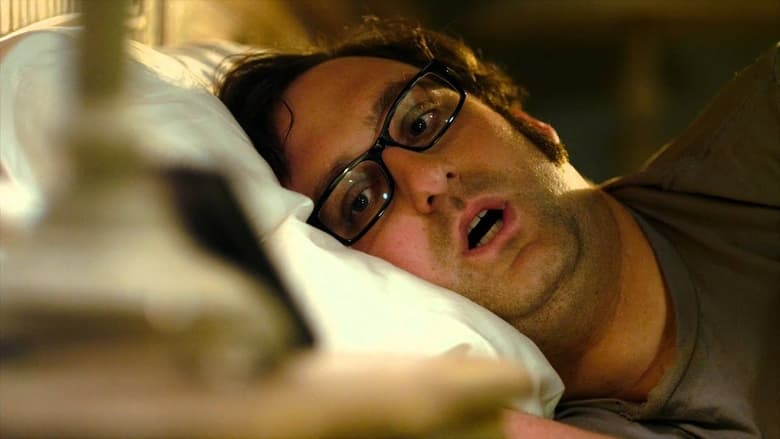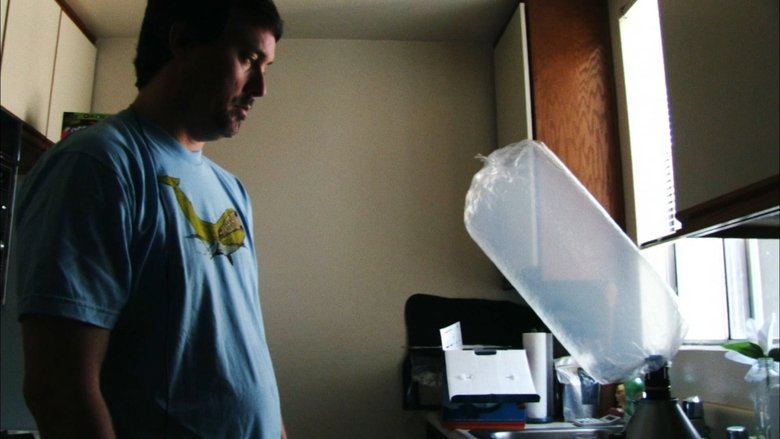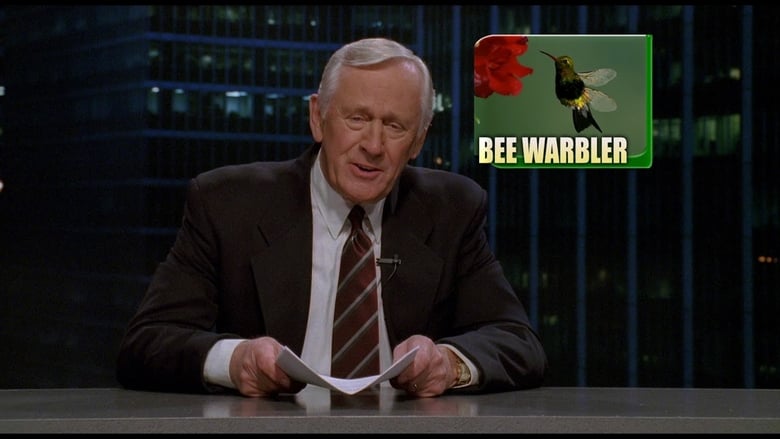From the acclaimed director of American Movie, the documentary follows former Los Angeles police officer turned independent reporter Michael Ruppert. He recounts his career as a radical thinker and spells out his apocalyptic vision of the future, spanning the crises in economics, energy, environment and more.


Similar titles





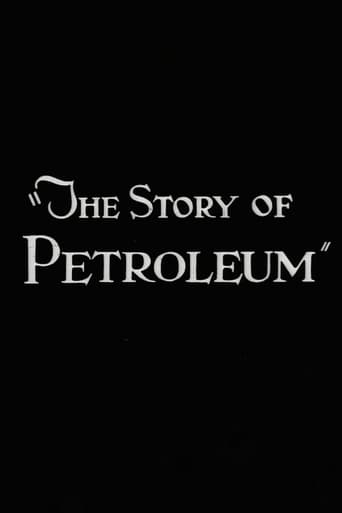

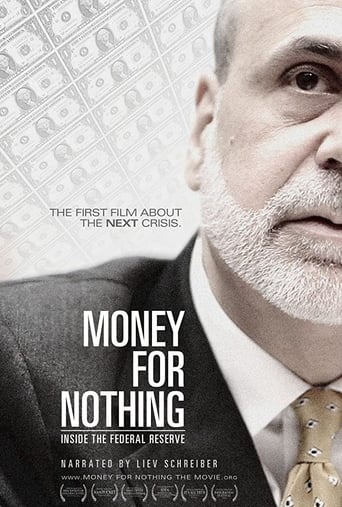
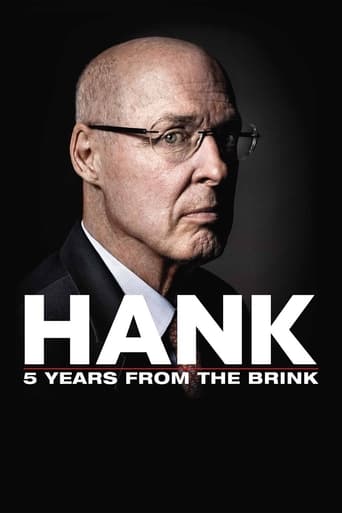

Reviews
Chris Smith's "Collapse" is a strange documentary, but an objective one.There's much in Michael Ruppert's views that are worth being concerned about. It's not like he pulled the information from his hind end...much of it has been documented ad nauseum in different mediums.It's to Smith's credit that he did not try to make Ruppert seem more credible than he is. In fact, there are times when he seems to go to great lengths to demonstrate how emotionally unstable his subject appears to be. It's obvious Ruppert carries around a lot of baggage that has resulted in a hyper-paranoid, overly-alarmist sensibility. He talks about being the type who "builds the lifeboats" in a Titanic scenario --- exactly what lifeboats has he built? I just see him standing on the bridge, waving like a maniac.Information is only as good as its source and Ruppert is damaged goods: he's twitchy, chain-smokes incessantly, alternates between defensive and ranting responses, refuses to answer questions that challenge his "credentials" (shaky, at best), advocates survivalist measures, and weeps openly into the camera.Look, I'm not saying anything Ruppert believes will NOT come to pass. My problem is that he comes across as such a fractured emotional basket case that it's hard if not impossible to take him seriously unless he's telling you what you want to hear in the first place.If he was credible, he'd probably be dead by now. But if the CIA doesn't take him seriously, should we? This doc has been compared favorably to Erroll Morris' "The Fog of War" --- unfortunately, McNamara is a believable source, Ruppert is not, though I have no doubt that he wishes he was with all his heart.
If you have had your head stuck in the sand for the last 30 years and know nothing about how the world works then this may be a good 'starter' documentary for you.If on the other hand you know the essentials of how the world's economy works and what is going to happen as oil runs out then you are going to have a hard job keeping your eyes open.This documentary is primarily one man being interviewed in a depressing room about a morbid subject. Yes, we know how dependent the world is on oil and the crisis the world is going to face as it runs out but Michael Rupert manages to drag the obvious into a pit of misery.What Michael offers in this film is despair and an almost religious 'the end is nigh' view on life. Perhaps someone who has had his heart broken by witnessing as much corruption as this man is not the right person to send out messages to the world as I would worry for those watching it who are more easily influenced by dark rooms, scary messages and haunting music.I don't disagree with the content, just the manner in which it is put across and the affect it may have on the gullible. The subject matter has been conveyed in a far more subjective manner by many others but if you enjoy a creepy side to your documentaries and are not trying to quit smoking right now then this might be the film for you.
I had never heard of Michael Ruppert before watching this documentary and, being honest, it is likely that I will never hear of him again but it is more than likely that the future may make me hark back to the basic points that he makes in this film. Collapse is basically an interview with Ruppert where he presents his views on a world that is unsustainable and unwilling to really make the hard decisions and face the stark reality of the situation that perhaps could help us cope when the systems and world that we accept live in now starts to collapse. Taking the reliance on oil as his starting point, Ruppert takes us through a world where time is running out and that the economic collapse that he predicted will only the first of many.Essentially what this film does is the equivalent of getting stuck at a bus stop listening to a guy who is convinced that the world is going to come to an end and that "they" are just keeping us in the dark for some reason. I don't mean this as negatively as it sounds but it is fair to say that this film doesn't hide the fact that at times Ruppert gets carried away with himself, doesn't always cope well with having the totally open stage that he has in the interview, gets passionate, is obsessive and does happen to make statements that (out of context) come off as paranoid and doomsday in nature. It is also fair to say that, unless you already share his mindset, that there will be several times during the film where he goes further than you will be willing to go or says things that either don't make sense, seem like a stretch or that you just plain disagree with.Mostly the film lets him talk so it is only fair that these moments are left in the film because it does let us see that, being frank, Ruppert is obsessive and that perhaps some of what he says is exaggerated and extreme but this is not to say that he is 100% wrong. So while I personally don't agree with him on the imminent nature of the collapse of the oil reserves (or that they are significantly smaller than "they" are telling us), one cannot really argue that from plastics to fuel, we really have put all our eggs into the "oil" basket and that supplies are simply not infinite. Likewise, because all of our eggs are in one place, moving them may well be possible in small numbers but if we suddenly have no basket – we're going to have a load of broken eggs. At this level the film is engaging and provides plenty to think about and I think that Ruppert is at his best when he is talking generally because his basic points are hard to argue; it is only when he gets into specifics or gets tied up in details that he begins to say "they" too often or get a bit more emotional.These moments hurt the film by hurting him, although in fairness since the documentary is technically about him, then it is all part of the film and is a good bit of balance. So yes, Collapse will lose you at some point but it will also engage you at many more; it isn't the most factual of documentaries nor is it the best in terms of structure but I found it mostly very engaging and it sent me onto news sites and opinion sites on the internet to read up on some of the less "opinion" related "facts" that it Ruppert presents. Worth seeing for its faults because it is engaging and provides much to think about, even if your conclusions may not lie as far out there as Ruppert's.
"Collapse" is an eighty minute diatribe by Michael Ruppert, a former LAPD officer and longtime investigative journalist who has been working for years to piece together what he believes to be an imminent doomsday scenario.The film simply consists of Ruppert sitting in a warehouse whilst he rants at length about various issues. Spliced into his speech are bits of archival and news footage, all of which add spice and evidence to his claims. Those familiar with writings on peak oil, global oil reserves, Ponzi scheme economies, alternative energy, gold etc will be familiar with much of which Ruppert says here, but the sheer energy of his monologue creates a frightening picture nevertheless.There's currently a huge market for these types of documentaries, which promise jaded audiences a glimpse into some master conspiracy or doomsday prophecy. These docs typically rely on all kinds of audience psychoses, so it's refreshing to see one in which the sanity of the subject is itself the subject. In this regard, the "Collapse" of the film's title refers, not only to the collapse of our society as we know it, but the possible mental collapse of Ruppert. Is he a seer or a madman? A bit of both, the film seems to say. On one hand, we see the toll Ruppert's line of work and obsessions have had on his body, mind and life, on the other, we accept that this is an intelligent man who knows what he's talking about. Indeed, Ruppert's parents worked in government intelligence and he himself has revealed several government conspiracies in the past (in which the CIA was implicated in a drug trafficking operation and various assassinations), all of which make him one of the biggest whistle-blowers in the world. Combine this with the fact that he was a LA cop, author and investigative journalist, and it seems that Ruppert is a man of standing and worth taking seriously. With his hard-nosed, critical and inquisitive nature, Ruppert essentially comes across as a Philip Marlowe styled private investigator, which is fitting, as what he's doing is battling the very conspiratorial universe of noir.And yet the sensationalist style of the documentary, itself verging on parody, dares us not to take Ruppert seriously. Dares us to see him as a madman. What "Collapse" ultimately argues is, not only does it take a special madness to be drawn to these documentaries, but that those who reject Ruppert's foresight (ie those lost in denial and upholding false realities) themselves become the madmen if and when Ruppert is proved right.8/10 - Worth one viewing.

